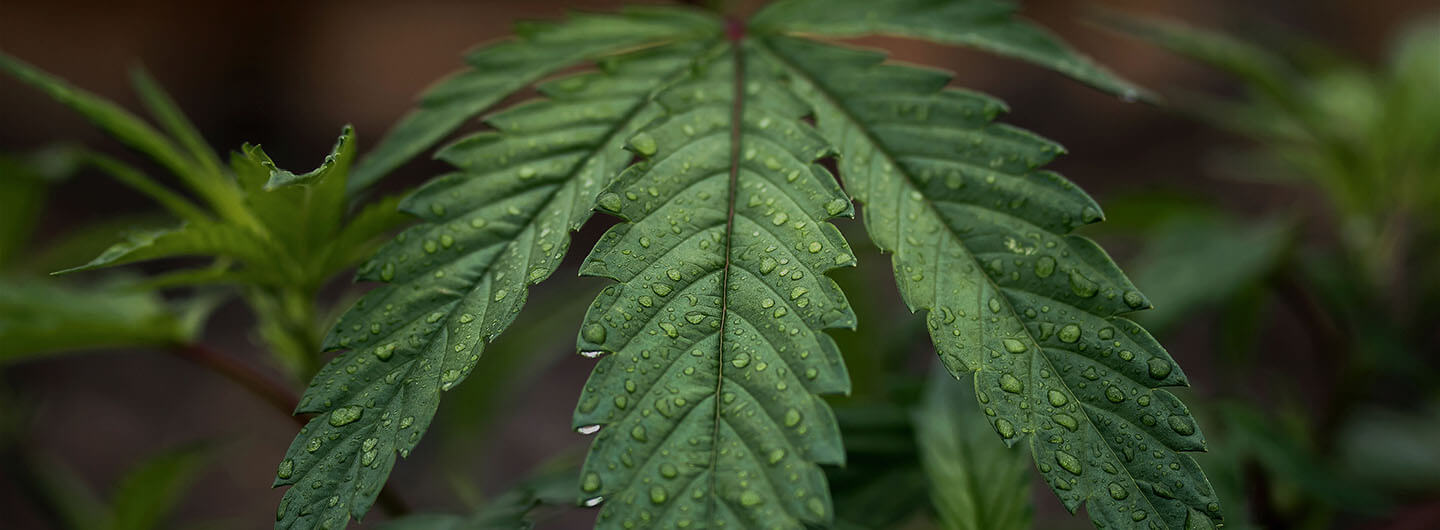
Depression
The cannabinoids' antidepressant effects and their support in the endocannabinoid system, are key elements that offer results for people with depressive symptoms such as stress, anxiety, and insomnia.
Medical Cannabis’ effects on depression:
- Anxiolytic.
- Helps the endocannabinoid system.
- Antidepressant.
- Helps fight insomnia.
Depression affects over 350 million people worldwide.
The activation of the endocannabinoid system plays an important role in regulating mood disorders and depression. For this reason, the possible effects of cannabinoids have been investigated on several occasions, both in humans and in experimental animals.
According to studies in rodents modified to suffer depression, carried out by Mangieri R. (2008), the results showed altered levels of endogenous cannabinoids and CB1 cannabinoid receptor, pointing to this system as a possible etiological cause of depression. Thus, by enhancing cannabinoid receptor signaling, the characteristic symptoms of the disease also improved.
For the treatment of depression, cannabinoids may be used as a complement to help mitigate some of the characteristic symptoms of it: anxiety, stress, lack of appetite or insomnia.
Although much remains to be investigated, cannabinoids properties seem to be an interesting alternative regarding designing future therapies to cope with certain types of depression.

.png)